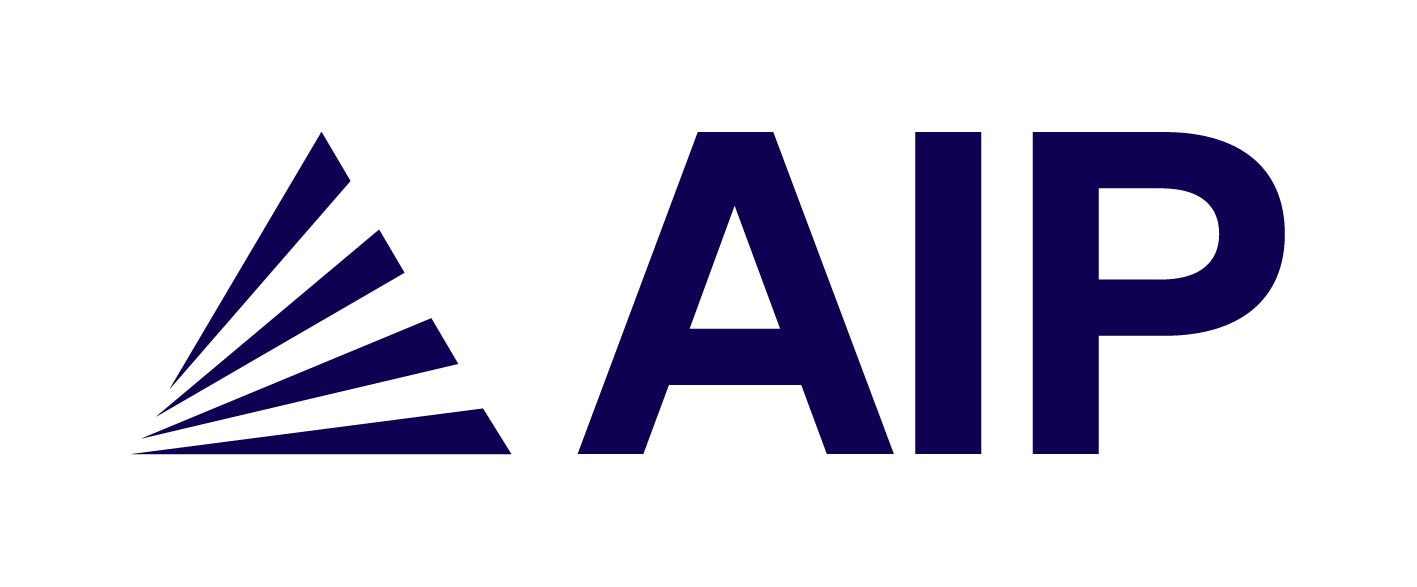WASHINGTON, D.C., October 8, 2014 --The American Institute of Physics (AIP) congratulates Eric Betzig of the Howard Hughes Medical Institute, Stefan W. Hell of the Max Planck Institute for Biophysical Chemistry and the German Cancer Research Center, and William E. Moerner of Stanford University for winning the 2014 Nobel Prize in Chemistry "for the development of super-resolved fluorescence microscopy."
Their techniques combine microscope imaging with advanced techniques in molecular biology, using fluorescent tags to push past the limits of traditional microscopy and opening up new ways to examine and explore the tiny nanostructures that lie at the heart of biology.
"The famous physicist Richard Feynman once said that many more breakthroughs in science would be possible if you could 'just look at the thing'," said H. Frederick Dylla, the executive director and CEO of AIP. "The work of these three Nobel laureates has allowed us to do just that."
According to the Nobel Foundation Web site, Stefan Hell developed stimulated emission depletion (STED) microscopy in 2000. Working separately, Eric Betzig and William Moerner developed their method, single-molecule microscopy, in the last decade, and Betzig first applied it in 2006.
"Through their work, we are able to better understand the natural designs of human, animal and plant physiologies at the molecular level and to probe the tiny machinery of those unseen structures," Dylla added. To help journalists and the public understand the context of this work, AIP is compiling a Chemistry Nobel Prize Resources page featuring relevant scientific papers and articles, quotes from experts, photos, and other resources. Relevant papers published by AIP Publishing are freely available through December 31, 2014.
The page can be accessed at http://www.aip.org/science-news/nobel/chemistry2014 and will be updated throughout the day.
ABOUT THE WINNERS
Eric Betzig, U.S. citizen. Born 1960 in Ann Arbor, Mich., USA. Ph.D. 1988 from Cornell University, Ithaca, N.Y., USA. Group Leader at Janelia Farm Research Campus, Howard Hughes Medical Institute, Ashburn, Va., USA.http://janelia.org/lab/betzig-lab
Stefan W. Hell, German citizen. Born 1962 in Arad, Romania. Ph.D. 1990 from the University of Heidelberg, Germany. Director at the Max Planck Institute for Biophysical Chemistry, Göttingen, and Division head at the German Cancer Research Center, Heidelberg, Germany.http://www3.mpibpc.mpg.de/groups/hell William E. Moerner, U.S. citizen. Born 1953 in Pleasanton, Calif., USA. Ph.D. 1982 from Cornell University, Ithaca, N.Y., USA. Harry S. Mosher Professor in Chemistry and Professor, by courtesy, of Applied Physics at Stanford University, Stanford, Calif., USA.http://web.stanford.edu/group/moerner
ABOUT AIP
The American Institute of Physics is a federation of scientific societies in the physical sciences, representing scientists, engineers, and educators. AIP offers authoritative information, services, and expertise in physics education and student programs, science communication, government relations, career services for science and engineering professionals, statistical research in physics employment and education, industrial outreach, and the history of physics and allied fields. AIP publishes Physics Today, the most influential and closely followed magazine of the physics community, and is also home to the Society of Physics Students and the Niels Bohr Library and Archives. AIP owns AIP Publishing LLC, a scholarly publisher in the physical and related sciences. http://www.aip.org
ABOUT AIP Publishing
AIP Publishing LLC provides the global physical science community with a comprehensive collection of highly cited peer reviewed scientific information. Accessed by researchers at nearly 4,000 institutions worldwide, AIP Publishing's portfolio of 17 journals includes prestigious titles such as Applied Physics Letters, Journal of Applied Physics, and The Journal of Chemical Physics, and the AIP Conference Proceedings series. AIP Publishing also publishes on behalf of several of AIP's Member Societies and other publishing partners. publishing.aip.org
###
